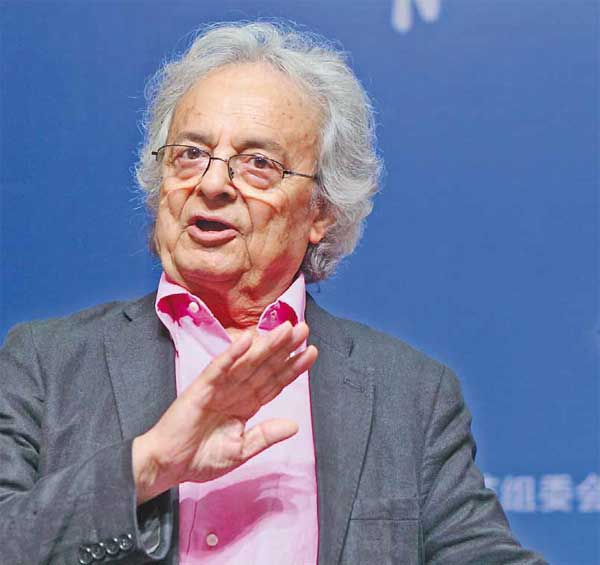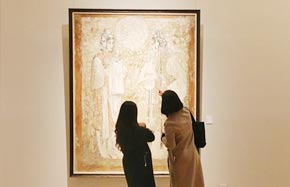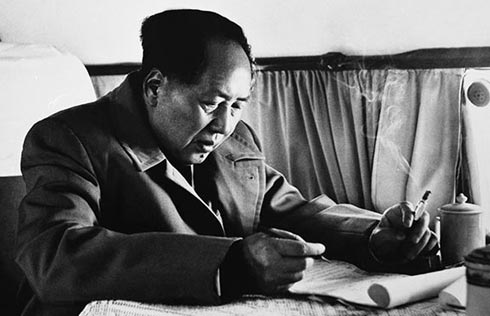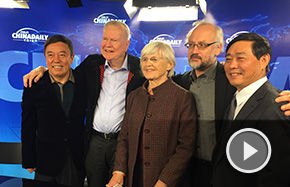Poetry with power
The man often called the greatest living Arab poet was in China recently to collect a poetry prize. Deng Zhangyu chats with the writer about why the increasingly marginalized art form will never completely disappear.
In the information age, when poetry has been crowded out of the public sphere by the Internet, television, films and novels, Syrian-born poet Adonis is still enthusiastically greeted by Chinese fans.
He was followed by crowds of well-wishers wherever he went during his recent trip to China, despite it being his fifth visit to the country.
 |
|
World-acclaimed poet Adonis makes a speech about poets' individual writing and sociality of poetry at Qinghai Lake International Poetry Festival on Aug 8. Photos provided to China Daily Related: |
Dressed in a pink shirt, the 83-year-old poet, a perennial contender for the Nobel Prize in Literature, seems energetic, joking that wearing a bright color is a good way to attract female attention.
He was awarded the Golden Tibetan Antelope Poetry Prize from the Qinghai Lake International Poetry Festival 2013 on Aug 9, in western China's Xining, Qinghai province.
"I'm surprised that young Chinese still like reading poetry. Compared to Western countries, the popularity of poetry in China is not bad, although fewer and fewer people reading poetry is a common problem facing the whole world," Adonis says.
Regarded as "the greatest living poet of the Arab world" and an influential figure in Arabic literature, Adonis has published more than 20 books which have been translated into many different languages.
Four of his books have been translated to Chinese. The first, My Loneliness Is a Garden, was published in 2009. Now in its 10th edition, it has sold more than 40,000 copies and is listed as a best-seller on many online bookstores.
"It's really rare that a book of poems can be published to the 10th edition nowadays," says Shu Cai, a researcher with the Chinese Academy of Social Sciences and a poet.
Adonis says people are abandoning poetry because of the intrusion of technology in everyday living and people's increasingly busy lives, leaving little time for reading and thinking.
"It's impossible for commuters to read Shakespeare on subways. Not only poetry, but all serious works are facing the same problem," the poet says.

















